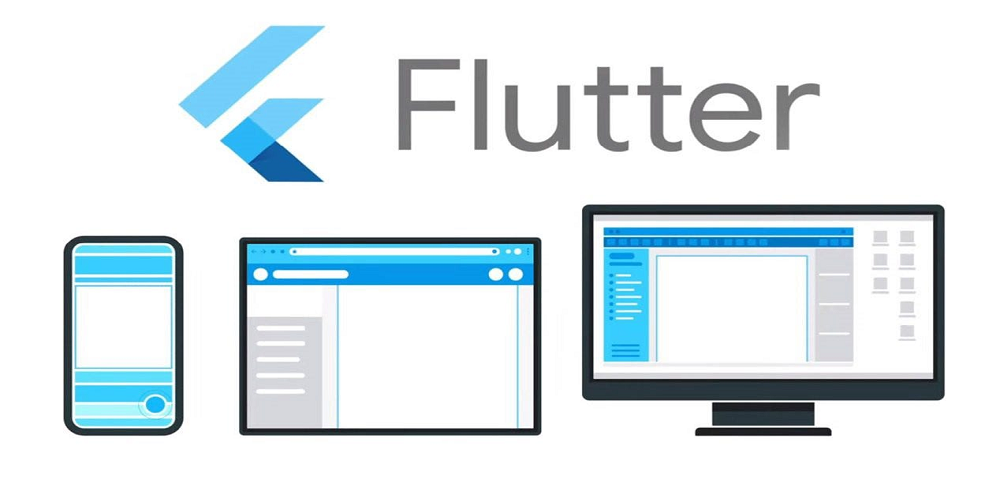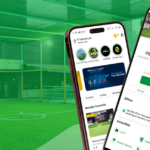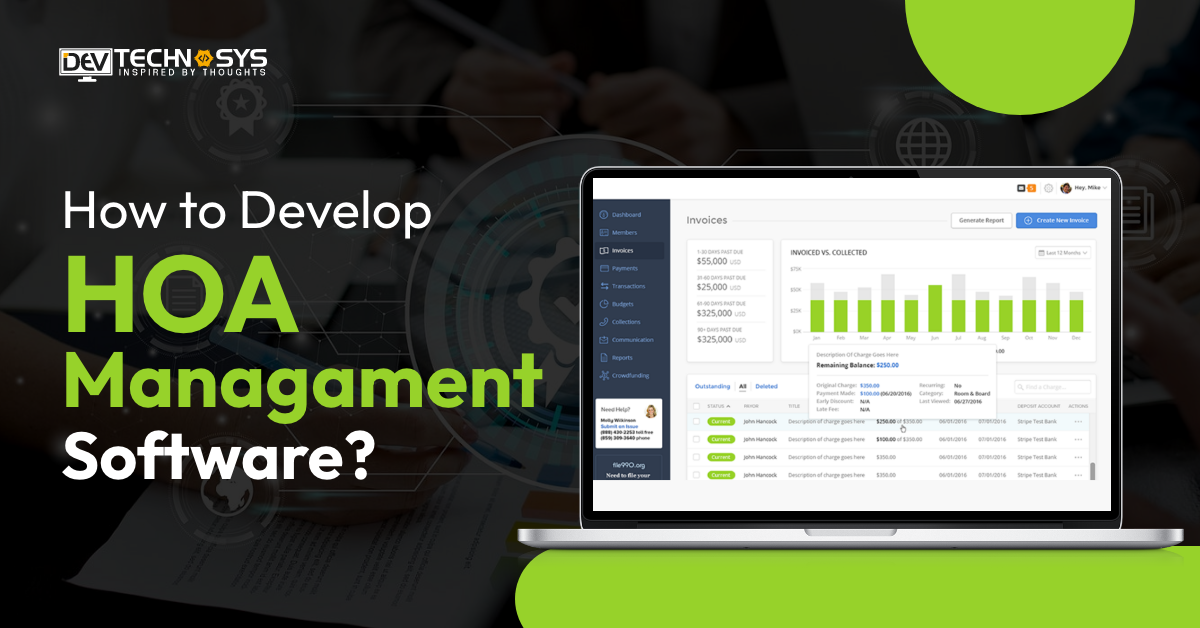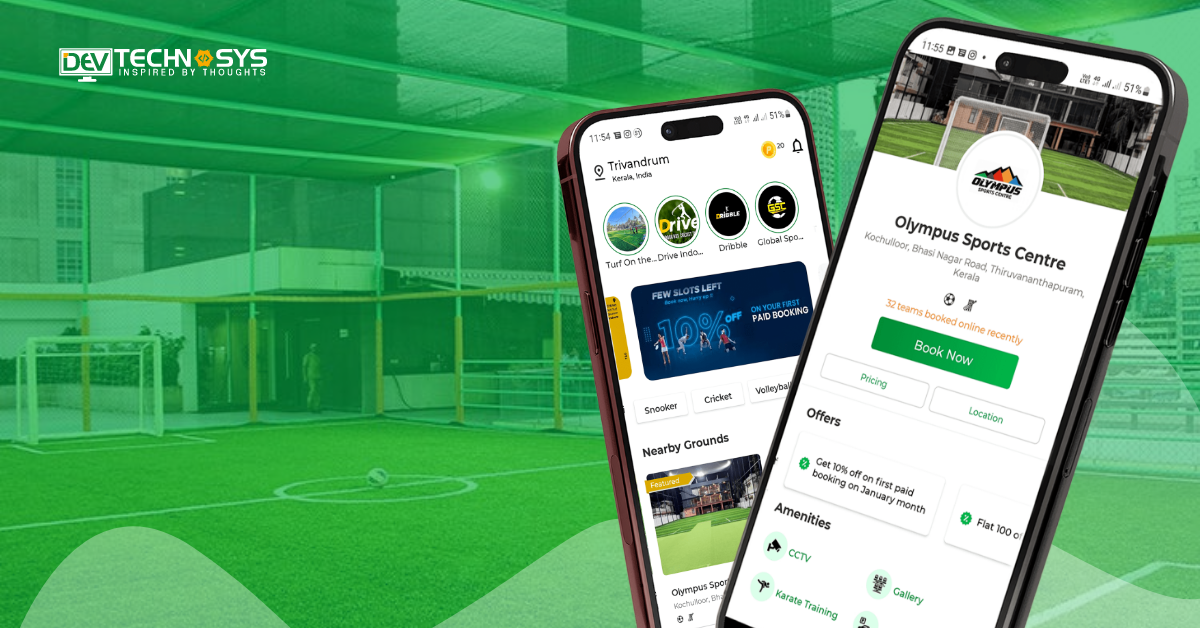Are you looking for Flutter For Enterprise App Development? Then you must read this blog.
Flutter is a new platform for app development. It has a UI and supports similar native apps and cross-platform capabilities. The future of corporate app development belongs to Flutter. The mobile app industry is resounding with this anthem.
Google reports that 500,000 developers use the software development kit every month. The question is usually asked about whether to use Flutter or react native. Flutter’s popularity is rising, and it will soon surpass its nearest rival, React Native, thanks to the renewed interest of Enterprise mobile app developers.
Why is this?
This blog will offer our opinion on flutter for enterprise app development becoming serious and for good.
Table of Contents
Flutter App Development: An Overview
Flutter is an open-source framework developed by Google for creating mobile apps. This tool is a serious rival to other platforms like Xamarin, Ionic, and React Native. There’s more! It is also free to learn.
Flutter is the framework of choice for cross-platform mobile app development in a world that’s constantly bombarded by new technologies. Flutter is used to create user-friendly, feature-rich mobile applications that run on many operating systems. It focuses on native performance on multiple platforms and maintains visual consistency.
Dart is the preferred language for most application developers, even though Flutter also supports C++ and Dart.
Dart’s web-based object-oriented nature is the reason it is so popular. In today’s mobile application development, it replaces Kotlin. It eliminates the requirement for XML or JSX, which are declarative layout languages. Dart’s Ahead of Time feature makes it fast to compile, which boosts Flutter performance by bringing in next-level customizable widgets with object-oriented functionality.
What is Flutter Used For?
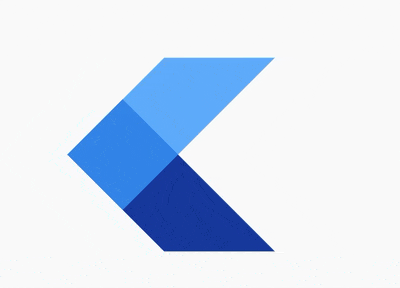
Flutter is a great way to create apps for Android or iOS without the need to use a separate codebase. These apps are native to Apple and Android smartphones and are compiled before publishing. These applications don’t need a browser or runtime component. The same codebase may be used to create browser-based web applications and native Windows, Linux, and macOS applications.
The Google Assistant’s many modules and the Google Home hub’s user interface are both powered by Flutter. eBay, Groupon, and Alibaba Group are well-known ecommerce service providers that use Flutter for their mobile apps and web applications.
Why Use Flutter For Enterprise App Development?
Flutter is gaining in popularity and we are seeing a rise in cross-platform application development. You can launch and build both Android and iOS apps simultaneously. Your customers will also enjoy the native performance of your app because Flutter plugins give it a native look and feel.
Flutter isn’t just another app-building tool. It is far superior to what its competitors have to offer. See why you should add Flutter to the enterprise mobile app development.
1. One Codebase for Development
A common question we ask ourselves when building an app is, “Will it run on an Android interface or an Apple interface?”. ” In the past, it was necessary to create separate codebases if you wanted an app to run on two different operating systems. But not anymore.
The flutter for enterprise app development is a great help for a mobile app development company, which can now build mobile applications without having to use multiple code bases.
Flutter simplifies the process for developers, allowing them to use one codebase for all platforms.
A single codebase may be used to develop an app that functions flawlessly on both the iOS and Android OS. You can also focus on creativity and testing app functionality while saving time.
2. Shorter Time to Market
Your app’s success can be determined by the time it takes you to launch your app. The first to enter the marketplace has an advantage over other competitors. Speed is, therefore, essential to competition.
Hot reload is Flutter’s most popular feature. It supports the fastest time-to-market. It lets developers see their code changes live almost immediately. Flutter allows you to build enterprise apps quickly because you do not need to recompile code for every small change.
Developers can also spend less time writing platform-specific codes since they use a single code base to create apps for iOS and Android.
TTM (Time to Market) may be greatly decreased by using a variety of widgets and developer-friendly features like Hot Reload. Launching your app early gives you an edge over your competitors.
3. Security at its Best
Flutter offers better data security than any other cross-platform framework. Most businesses prefer Flutter to manage sensitive information, and it is the preferred choice for managing security. Here is how Flutter can help you with several concerns.
- User Authentication
Cybercriminals have become more sophisticated in their ability to gain access to user accounts and obtain sensitive information. Today, keeping data and accounts secure is a major challenge. Passwords and PINs don’t suffice to secure access anymore.
You don’t wish to lose the interest of your app users because you have a weak implementation of cybersecurity. Right? Because Flutter is compatible and user-friendly with native Android and iOS environments, your Flutter for enterprise app development is now secure.
Flutter’s user authentication is multi-factor and multi-tier. Flutter recommends plugins that have been tested using the best protocols.
- Breach of Data
The number of data leaks and thefts is on the rise. This is due to the large number of devices and users who perform multiple transactions through millions of apps. Flutter allows you to store sensitive information like passwords and financial data.
It also has the option to set up a timer that will clean your cache each time a user’s session expires or is closed. This feature is great for preventing data breaches.
Hire mobile app developers who use Flutter can also implement app-level encryption. They can, for example, use the iOS SecKey API or Common Crypto library to create encryption keys
- Code Injections
It is well known that many applications developed using cross-platform frameworks for mobile apps are susceptible to malicious code. These injections are mainly spread via less reliable plugins. The injections can destroy, corrupt, or steal vital information in a blink of an eye. They can also render your app unusable. Flutter developers can avoid code injections.
- Network Data Loss
HTTPS is designed to be secure. It uses TLS (Transport Layer Security) so that developers are assured of the most advanced encryption and authentication methods. TLS security that is not configured correctly can cause security breaches on the network. Ensure your HTTPS connection with the Dart Library. This is done through TLS Certificate Pinning and the HttpClient Class.
4. UI Designs That are Powerful
Flutter’s collection of themes allows mobile app developers to create engaging, user-friendly designs quickly.
These themes are available for Android and iOS applications and can be used to create apps that cater to specific industries such as education, finance and eCommerce, entertainment, healthcare, and social media.
Flare is Flutter’s 2D vector library. You can add animations using Flare. You can use infinite scrolling, page transition, image caching, and app responsiveness, as well as different views, timelines, etc., to create a powerful UI.
5. The Effective Impact of Dart
Google created the object-oriented language, Dart. The syntax is comparable to those of Java and C++. It features both a powerful and an insufficient typing style, making learning it simple.
Dart is an open-source, general-purpose programming language that is simple to learn. It is a fantastic option to construct customized mobile applications using Flutter for enterprise app development.
Dart’s reactive framework, which allows both front-end as well as back-end development to be done in the same place, is another reason for its success.
Dart’s efficiency is another reason to choose it. Direct compilation of Dart into native code is possible. Unlike React Native and other languages, Flutter doesn’t require a JavaScript Bridge to interact with native widgets. Debugging is simpler and more economical.
6. Library of Customizable Widgets
Flutter’s rich libraries, widgets, and layout features make it simple to create interesting apps. Flutter also helps developers create widgets with an engaging user interface that is tailored to your business needs.
The widgets in Flutter follow the Material Design specification for Android and the Cupertino style for Apple. It is easy to create a code base that works on both platforms.
Flutter allows you to create complex UI components and customize all aspects of your app. It’s possible to design custom UI for native platforms but the effort involved is much greater.
7. Efficiency Through a Layered Architecture
Flutter for enterprise app development tends to be large and requires a layered architectural approach for better functionality and productivity from the developers working together.
Developers use an interceding layer to gain better access to design patterns and to coordinate within the team of a flutter development company. They also quickly grasp the app’s features.
Flutter provides simple and secure network access to web resources, local storage, and SQLite databases. It also allows hardware integration via library plugins.
Here is how Flutter proves to be helpful-
- Easy State Management
- Code independency
- RxDart is a programming language for asynchronous requirements.
- Flutter’s background processing
- JSON Serialization & Deserialization
- Deep linking for push notifications.
- Limit local storage
- SQLite is a tool for handling large amounts of structured data.
8. Development Environment
An excellent cross-platform program is Flutter, which integrates nicely with Visual Studio Code and Android Studio IntelliJ. These IDEs all support the majority of device types. Flutter for enterprise app development also has a vast library to help simplify app development.
- Better Scalability: Applications may scale easily because of Flutter’s Dart Ecosystem. Importing Dart Packages with Extended Libraries enables the refactoring of programs for the cloud.
- Testability: The app’s unit tests, widget tests, and integration tests may be used to test any Flutter widget.
- Support for CI/CD: Flutter allows you to deploy mobile apps on the Google Play Store or Apple App Store using native Android and iOS toolkits, and enterprise CI/CD.
9. Community Support is a Great Deal
Flutter is a free and open-source framework for creating cross-platform applications that are beautifully designed. Flutter’s community is rapidly growing and includes developers who are passionate about solving issues and creating innovative app solutions.
Role of Flutter for Enterprise App Development
Applications made with Flutter are renowned for their efficiency. Flutter has become a popular tool for creating mobile apps for businesses, allowing them to benefit from all of its exciting features. Flutter for enterprise app development is able to help create by a variety of means, including:
- Dart, ReactiveX, streams, async, and RxDart are all programming languages that use the Dart programming language.
- SetState and Redux are state management components that integrate with Cupertino widgets on iOS and Android Material to create interactive UIs.
- For building UI, high accessibility, internationalization, and smooth page transitions are all important.
- JSON serialization and deserialization.
- Making code independent and reusable using Dependency Injection.
- Native Android and iOS environments offer a high degree of security.
- SQLite is a good choice when you have a large amount of data.
- The development environment might be IntelliJ, Visual Studio, or Android Studio.
- We provide solutions for delivery and continuous integration.
Enterprise-Grade Mobile Applications with Flutter: For The Best or Worst Outcomes?
We’ll look at the Flutter characteristics to find out why Flutter for enterprise app development is a great choice.
1. Layered Architecture
The layered architecture is a useful flutter for enterprise app development. It allows you to work on multiple parts of the app at once. The layered architecture makes it easier to manage and understand each app feature. The layered architecture ensures seamless app functionality and better productivity for developers.
Flutter also has a unique layer system that can be used to create UIs and code that is easy to maintain. You can nest sub-trees within each other in Flutter to create the UI for your app. Then, you can arrange your code in a way that makes it simpler to maintain and understand.
2. IDEs for Native iOS and Android App Environment
Several programming environments, including IntelliJ and Android Studio, are supported by Flutter. Flutter lets developers choose the environment that they prefer at each stage of app development.
Using the IDE’s features and plugins, developers can create, test, debug and deploy the app. You don’t need to specify a requirement, but you can hire dedicated developers with experience.
3. Hardware Feature Support
Mobile devices are an integral part of a successful enterprise app. You will need to take into account multiple devices in this case as your employees may be using devices with different operating systems. Flutter, on the other hand, comes with a collection of system-level interfaces that support the latest hardware, including a camera and GPS. It also supports video recording and background processing.
4. Flutter and Security
Because they hold sensitive data about the company and its employees, enterprise apps need to be secure. To ensure the safety of your app and data, Flutter prioritizes app security. Flutter employs a variety of security techniques including app permissions and app sandboxing. It also uses encryption via SSL or TLS protocols.
Flutter for enterprise app development also uses app integrity. This is a set technique that protects your app against harmful modifications. Flutter uses app isolation to ensure that each app is running in its own secure environment, which prevents apps from interfering.
Conclusion
In the world of top-quality website and mobile app development, Flutter is rapidly gaining in popularity. The enterprise app development company will be able to launch its digital service in full force and offer them an affordable solution.
For businesses of any size, Flutter for enterprise app development is the most affordable method to build indispensable apps for all platforms. Consultancy companies are the best option to create your perfect company app within a limited budget. You can hire Flutter developers immediately!
FAQ
What is the Future of Flutter for Mobile App Development?
Flutter continues to grow and is supported by the Google community. In Flutter, developers need only code once to create a cross-platform app that has a native-like experience. Both companies and developers will benefit from this. So, we could conclude that Flutter is a promising mobile app development platform.
How Much Does it Cost to Flutter for Enterprise App Development?
When we look at certain Flutter for enterprise app development standards, development costs vary depending on factors such as code optimization standards, complexity of features, (such as navigation and chat), payment integration, etc. Location of developers, model of development, etc. For more information on Flutter-based Enterprise App Development costs, please contact us!
What is the Best Way to Use Flutter for Enterprise Applications?
Flutter is a cross-platform, open-source mobile app framework that allows you to create feature-rich applications for Android and iOS in one code. Flutter’s countless custom libraries help create enterprise apps that have beautiful animations, smooth transitions, better performance, and high responsiveness.

